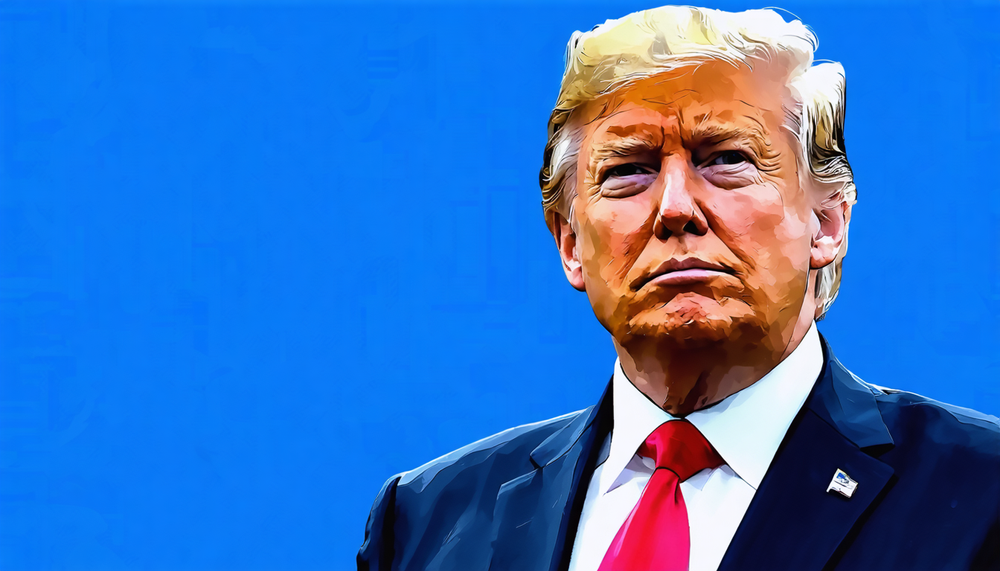In an astonishing turn of events, President Donald Trump has signed an executive order that will see the United States withdraw from the World Health Organization (WHO). This decision sends ripples across the international community, raising questions about the future of global health initiatives and international collaboration.
A Bold Decision on the World Stage
It’s not every day that the world witnesses a move as decisive as the one taken by President Trump. As stated in hcinnovationgroup, the decision to withdraw from the WHO is rooted in concerns over the organization’s handling of the COVID-19 pandemic and perceived bias towards China. The executive order, which formalizes the U.S.’s intent to exit, reflects a significant shift in American foreign policy and conveys a strong message about accountability and reform.
Reasons Behind the Withdrawal
The Trump administration has been vocal about its dissatisfaction with the WHO’s response to the pandemic. According to hcinnovationgroup, officials have criticized the organization for failing to act quickly and decisively, arguing that it should have held member states accountable for transparency and prompt action during health emergencies. By stepping away, the U.S. aims to pressure the WHO to reform and improve its operational efficacy.
Potential Global Impact
This sudden departure from the WHO is likely to leave a void in international public health efforts. The United States has been the largest contributor to the WHO’s funding, supporting programs that combat infectious diseases, promote maternal and child health, and respond to emergency health situations. Without U.S. financial aid, many initiatives may face significant challenges in sustaining their operations and achieving their objectives.
Reactions from Around the Globe
International reactions have been mixed. Critics argue that exiting the WHO could undermine global efforts to track and combat new pandemics, potentially leaving everyone more vulnerable. Supporters of the decision believe that disengagement is necessary to drive meaningful reforms within the organization. Meanwhile, other countries are left pondering over the implications for their health partnerships and the potential reshaping of global health governance.
Looking Towards the Future
As the U.S. takes this unprecedented step, the world is left to wonder what comes next. The hope is that this move will serve as a catalyst for the WHO to evolve and adapt to the increasing challenges of global health crises. Nevertheless, the absence of American leadership in the organization could redefine international health cooperation, inviting both risks and opportunities for change.
In conclusion, President Trump’s decision to disengage from the World Health Organization marks a pivotal moment in the landscape of international health. It emphasizes the U.S.’s quest for accountability and effectiveness while illustrating the broader geopolitical dynamics at play. Only time will tell how this decision will influence the future of global health policies and partnerships.



















